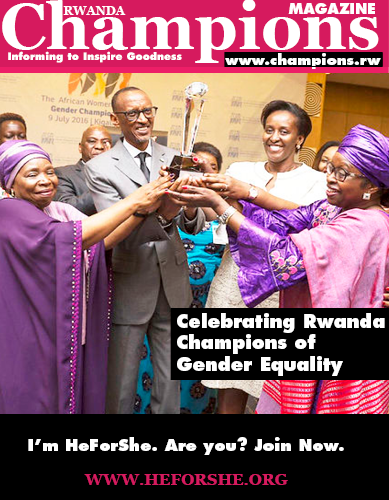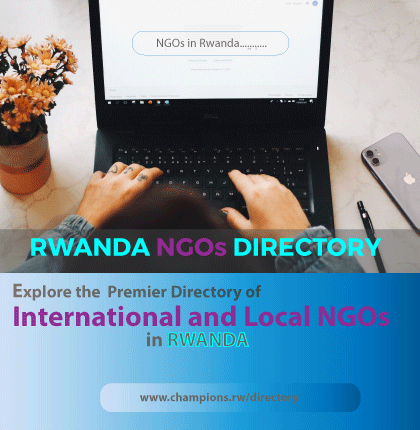Rwanda Builds Drying Facilities to Cut Post-Harvest Losses of Onions and Chili Peppers
Rwanda’s National Agricultural Export Development Board said it is constructing five drying facilities to reduce (…)

Rwanda aims to make half of its refugee population self-reliant by 2030 through a national five-year program, officials said.
Maj. Gen. (Rtd) Albert Murasira,, Minister in charge of Emergency Management (MINEMA),spoke at the 76th session of the United Nations High Commissioner for Refugees in Geneva, Switzerland, which ran Oct. 6–10. The meeting focused on boosting refugee protection and access to essential services.
“Our goal is to support refugees fully, integrating them into education, health care, employment, and national development programs,” Murasira said. He added that Rwanda will continue assisting those who wish to return home and called on international partners to ensure no refugee is left behind.
The plan aligns with Rwanda’s National Strategy for Transformation II and the Global Compact on Refugees, promoting skills development, economic opportunities, and access to health, education, and financial services.
Rwanda currently hosts more than 140,000 refugees, mostly from the Democratic Republic of Congo and Burundi. Last year, refugees gained access to community-based health insurance, equal to that of Rwandan citizens. UNHCR Executive Director Filippo Grandi has praised Rwanda for enabling refugees to study, work, and receive medical care.
Financial inclusion among refugees is increasing. According to the FinScope 2024 Refugee Financial Inclusion Report, 99% can access financial services. About 37% have bank accounts, while 62% use other regulated financial services. Women lead in formal banking, accounting for 42% of bank account holders compared with 30% for men.
More than half of refugees save regularly, with 32% using non-bank institutions and 31% relying on informal methods. Mobile money is widely adopted, with 85% using the service and 76% holding mobile money accounts.
MINEMA reports that 91% of refugees are officially registered and hold identification cards.
By linking refugee welfare to national development, Rwanda is positioning itself as a model for integrating displaced populations into society while fostering self-reliance.
Rwanda’s National Agricultural Export Development Board said it is constructing five drying facilities to reduce (…)
President Paul Kagame on Thursday received European Union Commissioner for Equality, Preparedness and Crisis (…)
Rwanda’s central bank has raised its key policy rate to 7.25% from 6.75% in a bid to curb rising inflation and bring (…)
While Rwanda’s economy continues to grow, rural residents are being left out of its benefits, consumer rights (…)

